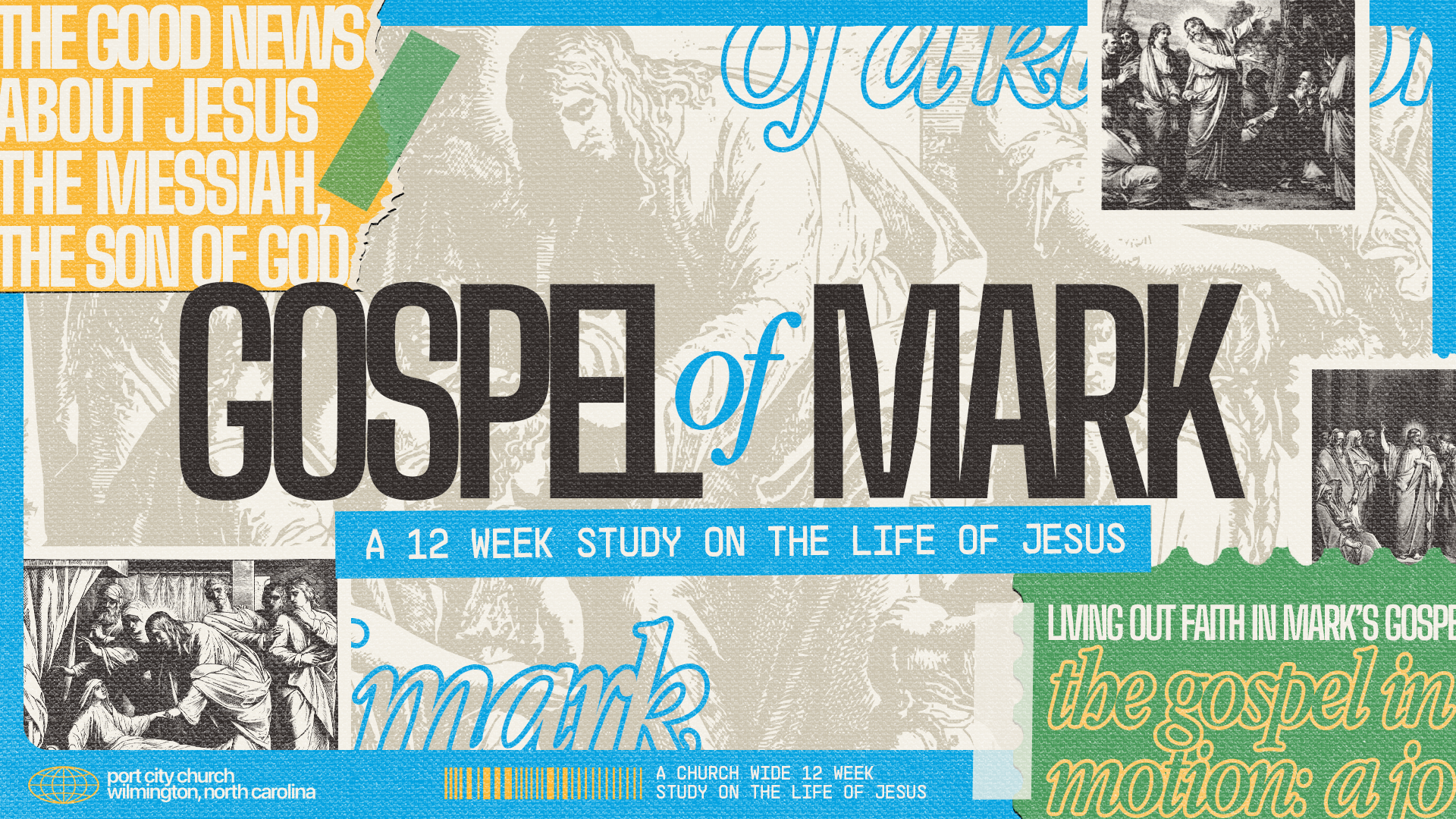A Loaded Question
READ
In today’s passage, we find Jesus facing a tricky situation that many of us can relate to – being asked a loaded question designed to get him in trouble no matter how he answers.
Let’s take a moment to read Mark 12:13-17:
Later they sent some of the Pharisees and Herodians to Jesus to catch him in his words. They came to him and said, “Teacher, we know that you are a man of integrity. You aren’t swayed by others, because you pay no attention to who they are; but you teach the way of God in accordance with the truth. Is it right to pay the imperial tax to Caesar or not? Should we pay or shouldn’t we?”
But Jesus knew their hypocrisy. “Why are you trying to trap me?”he asked. “Bring me a denarius and let me look at it.” They brought the coin, and he asked them, “Whose image is this? And whose inscription?”
“Caesar’s,” they replied.
Then Jesus said to them, “Give back to Caesar what is Caesar’s and to God what is God’s.”
And they were amazed at him.
REFLECT
The religious leaders approach Jesus with what seems like a straightforward question: "Is it right to pay taxes to Caesar or not?" But there's nothing innocent about it. If Jesus says "Yes, pay your taxes," he risks looking like a Roman sympathizer to the Jewish crowds who resented Roman occupation. If he says "No, don't pay," he could be arrested for encouraging rebellion against Rome. It's a political trap.
What's fascinating is who's asking the question. The passage mentions both Pharisees and Herodians – two groups that normally couldn't stand each other. The Pharisees generally opposed Roman rule, while the Herodians supported it. Yet here they are, working together because they share a common goal: getting rid of Jesus. Sometimes the most unlikely people unite in their opposition to Jesus and his message.
Jesus immediately sees through their scheme. "Why are you trying to trap me?" he asks. Then he requests a denarius, the Roman coin used for tax payment. When they hand him the coin, he's already made a subtle point – by carrying Caesar's money, they're already participating in the Roman economy.
Jesus asks, "Whose image and inscription is on this coin?" "Caesar's," they reply. His response is brilliant: "Give to Caesar what is Caesar's, and to God what is God's."
With this simple statement, Jesus rises above the political trap they've set. He acknowledges we have obligations to earthly authorities while reminding us of our ultimate allegiance to God. The denarius bore Caesar's image, so in a sense, it belonged to him. But what bears God's image? Genesis tells us that humans are made in God's image. The implication is profound – while we may owe Caesar our taxes, we owe God our very selves.
This teaching gives us a helpful framework for living as followers of Jesus in today's complex world. We have legitimate responsibilities as citizens – paying taxes, following laws, contributing to our communities. But these duties exist within our primary identity as citizens of God's kingdom.
Jesus isn't suggesting we divide our lives into separate "secular" and "religious" compartments. Instead, he's showing us that while governments have legitimate but limited authority, God's authority covers everything. The question isn't whether we should engage with society and politics, but how we do so as people whose primary citizenship is in heaven.
This passage challenges the extremes many Christians fall into. Some get so focused on heavenly things that they neglect their earthly responsibilities. Others become so wrapped up in political identities that they compromise kingdom values. Jesus calls us to a balanced approach – respectful participation in society while maintaining our distinct identity as God's people.
RESPOND
Take a moment to process what God might be leading you to do in light of what you read.
Jesus refused to let others force him into false either/or choices. Where in your life might you be facing similar pressure to choose sides when a more nuanced "both/and" approach might be more faithful?
REST
Take a moment to rest in God’s presence and consider one thing you can take away from your time reading, then close your devotional experience by praying:
Lord, thank you for the privilege of dual citizenship – in my country and in your eternal kingdom. Help me fulfill my responsibilities in both realms with wisdom and integrity. Guard my heart against making any earthly allegiance more important than my allegiance to you. Remind me daily that while I may live under various human authorities, I ultimately belong to you alone. Amen.

